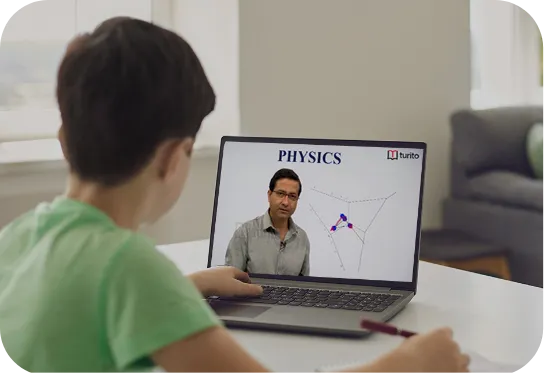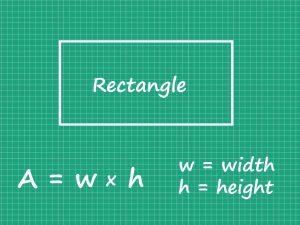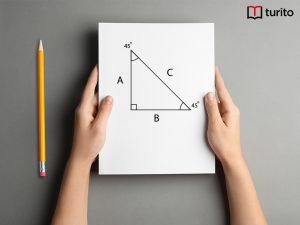Wrong Words – It Can Be Classified Broadly Into
- Commonly misused words
- Words with unwanted connotations or meaning
- Incorrect use of words with similar meanings
- Use of clichés
- Wordiness
Commonly Misused Words
-
- Affect vs. Effect. Effect (noun) – Result. Affect( verb) – To have an influence
- Lie vs. Lay. Lie – To recline. Lay-To put something or to place
- Loose vs. Lose – Loose ( adjective)- Not firm. Lose ( verb)- To misplace something.
- Accept vs. Except. Accept- To agree. Except – To not include something
- Allusion vs. Illusion. Allusion – Indirect reference. Illusion – An idea/belief that is untrue
- Appraise vs. Apprise .Appraise- To judge the qualities of someone. Apprise – To tell someone about something
- Capital vs. Capitol. Capital- Uppercase letter/money/city where a seat of government is located. Capitol – Building where a legislature meets
- Advice vs. Advise Advice (noun); Advice ( verb)
- Among vs. Amongst. Among –Often used in American English. Amongst –Often used in British Language
- Assure vs. Ensure vs. Insure. Assure –To tell someone that something will indeed happen. Ensure –To guarantee or make sure of something. Insure – To take an insurance policy
- Breath vs. Breath. Breath- Noun. Breathe –Verb
- Compliment vs. Complement. Compliment- Good thing to say to someone.Complement- Something that completes the other thing
- Disinterested vs. uninterested. Disinterested- Impartial. Uninterested – Bored
- Emigrate vs. Immigrate. Emigrate- Move from one country to another to live. Immigrate –To move into a country from somewhere else.
- Empathy vs. Sympathy. Empathy –Ability to understand another person’s feelings. Sympathy –Feeling of sorrow for someone else’s suffering
- Farther vs. Further. Farther –Physical distance. Further –Metaphorical distance
- Flaunt vs. Flout. Flaunt –To show off. Flout –To defy
- Historic vs. Historical. Historic –Famous and important. Historical –Related to History
- Stationary vs. Stationery. Stationary- Unmoving. Stationery –Related to paper and writing material
- Words with unwanted connotations or meaning
- Incorrect use of words with similar meanings
- Use of clichés – Overuse of clichés to be avoided in writing
- Wordiness – Insignificant extra words in sentences to be reduced and replaced with concise and straightforward words. It means using complex words in sentences and making the punishment complicated.

Related topics
Exploring the World of Adjectives: Types, Usage, and Examples
What are Parts of Speech? Parts of speech determine words’ grammatical and semantic position in a sentence. Activity time The parts of speech are nouns, adverbs, conjunctions, pronouns, interjections, adjectives, articles, prepositions, and verbs. Identify the parts of speech of the underlined words in the following sentences. White- Adjective Big- Adjective Exciting- Adjectives New- […]
Read More >>Memoir Writing: Basic Elements, Structures, and Types
Memoir: A memoir is a narrative written from an author’s perspective about a particular facet of his/her own life. ‘Memoir’ word comes from the French word ‘memoire’, which means ‘memory’ or ‘reminiscence’. Example Night: Elie Wiesel gives an account of how he survived his teenage years at Auschwitz and Buchenwald concentration camps during World War […]
Read More >>Identification of Main Idea in Fiction and Non-fiction
Every story or paragraph or non-fictional text has at least one main idea. The MAIN IDEA is what the text is mostly about. (It is backed up or supported by SUPPORTING DETAILS) Before discussing how to find the main idea, we shall first look at TOPIC. Can you define a topic? A topic can be […]
Read More >>Writing an Article: Structure and Essential Tips
What is an article? Structure of Article Writing : Title : Draw the attention of readers with an attractive title and indicate the main topic of the article Introduction : Attract the reader’s attention with a sentence that gives a general presentation of the topic. Main Body : Between these sentences, the body should do […]
Read More >>Other topics











Comments: